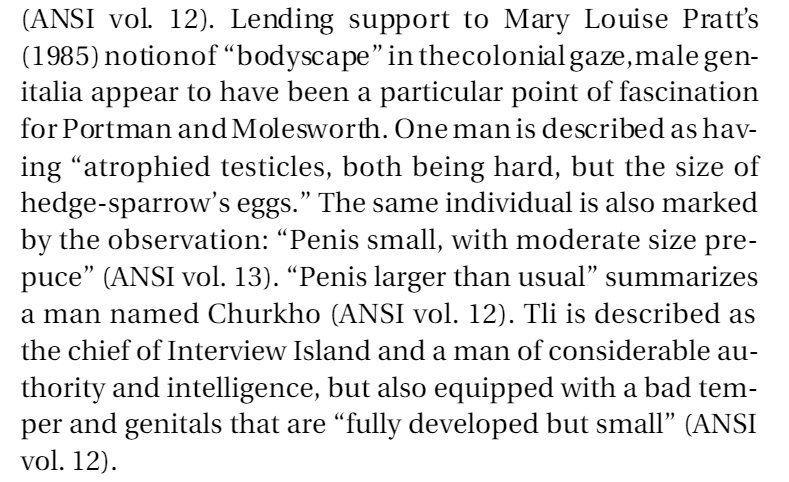"The prospective buyer responded and explained that their absolute maximum amount they can spend is $100,000 USD. They are accountants and explained this is an extraordinary amount of money for them." /2
I sympathize with mid-size companies seeking to acquire a premium domain name. Even if they stretch to make the maximum possible offer, it often still can't compete with what a larger company can offer. Their desired domain name remains always out of reach. /1
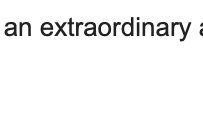
"The prospective buyer responded and explained that their absolute maximum amount they can spend is $100,000 USD. They are accountants and explained this is an extraordinary amount of money for them." /2
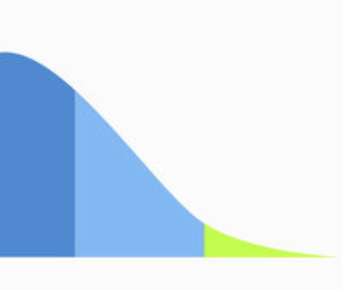
More from Internet
You May Also Like
Don't look at deadlines negatively! They are a useful tool to measure your performance + stimulate you to do more. You can learn a lot from a single deadline. Did you work too little or too much? Was the goal too ambitious or easy? Apply lessons to the future work. 😉 #MyMindset
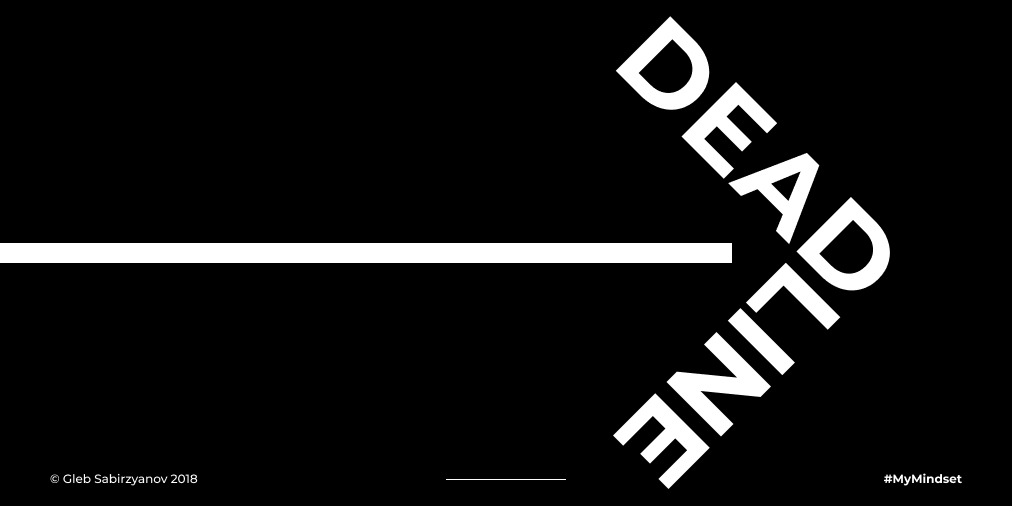
I wish I had this... — don't excuse yourself. Forget about what you can't and focus on what you can.
Stop comparing yourself to others, come from the point of what you have, know and have: "I can... so I will do..!" #MyMindset
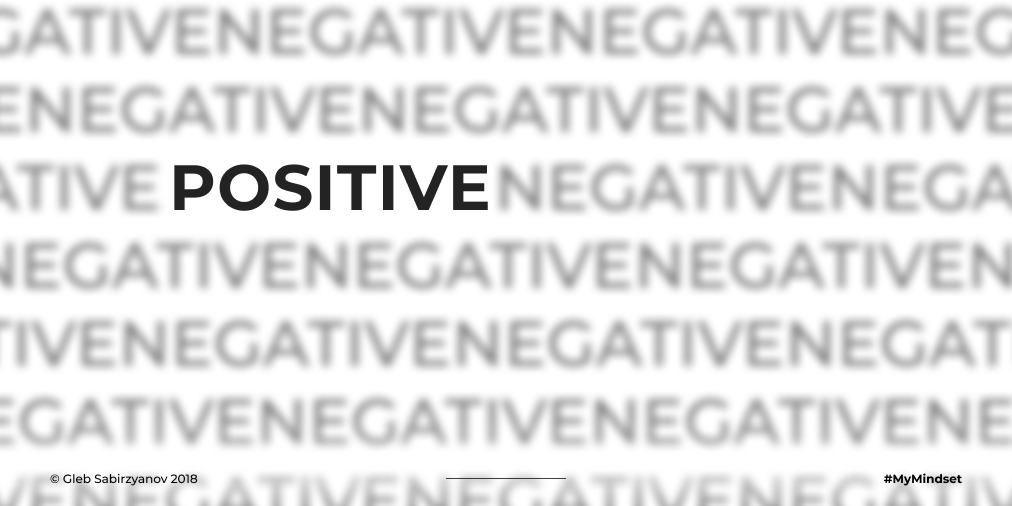
BTW this was an update of one of the previous tweets. And I'm continuing this thread today!
Do something for the long-term. Everything else is a distraction. 🛑 Nowadays I always check if the thing I'm doing aligns with my long-term plans. If not — that is probably not the best thing to do at the moment. #MyMindset
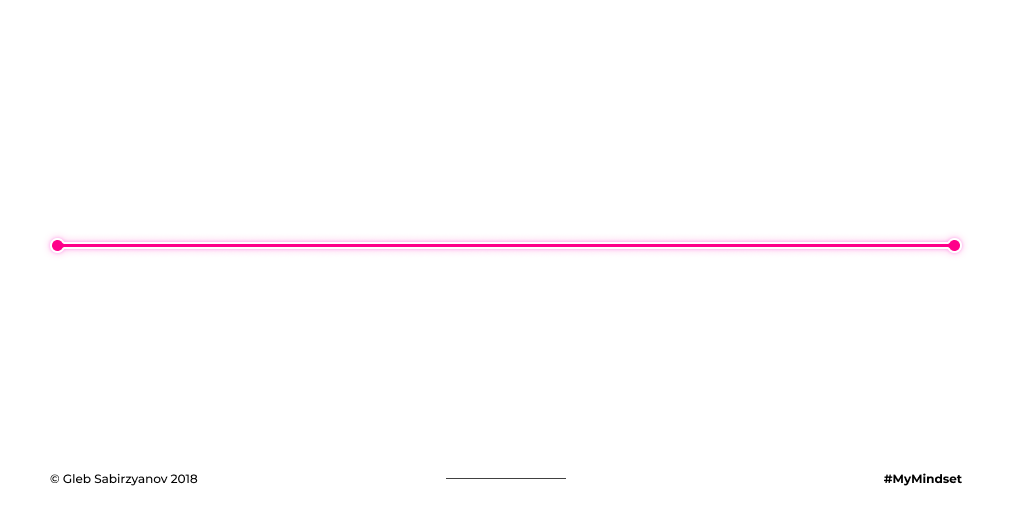
The only way to get more done is to have less to do. Eliminate your obligations, say "no" to things that are not important, stay minimal in what you do, focus. Being busy is not equal to getting things done. #MyMindset
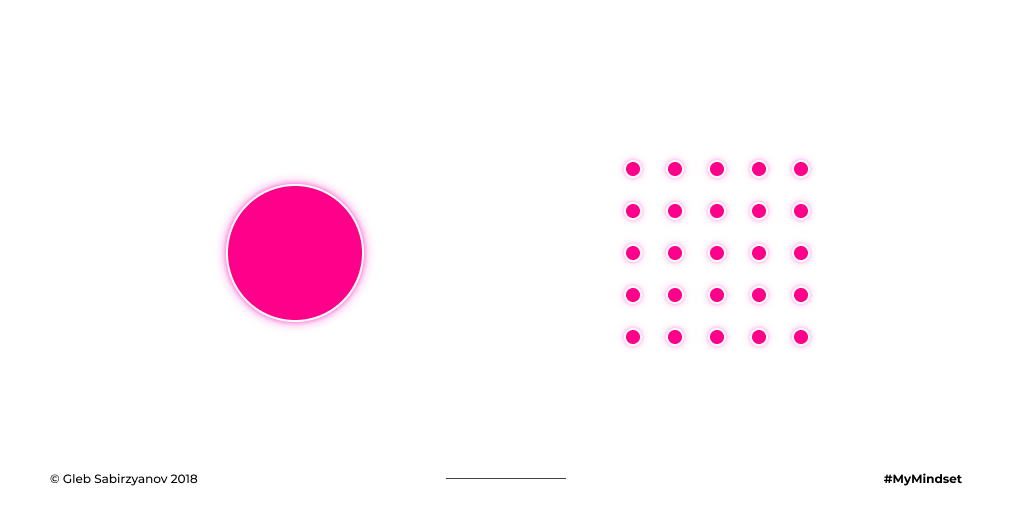

I wish I had this... — don't excuse yourself. Forget about what you can't and focus on what you can.
Stop comparing yourself to others, come from the point of what you have, know and have: "I can... so I will do..!" #MyMindset

BTW this was an update of one of the previous tweets. And I'm continuing this thread today!
Focus only on positive things! These include what *you* have, know and can do. If you don't have, know or cannot do something either get it or ignore it. Don't think about it and don't use it as an excuse.
— Gleb Sabirzyanov (@zyumbik) October 17, 2018
I've been struggling to follow this principle for a long time. #MyMindset pic.twitter.com/SK5vtwHs3G
Do something for the long-term. Everything else is a distraction. 🛑 Nowadays I always check if the thing I'm doing aligns with my long-term plans. If not — that is probably not the best thing to do at the moment. #MyMindset

The only way to get more done is to have less to do. Eliminate your obligations, say "no" to things that are not important, stay minimal in what you do, focus. Being busy is not equal to getting things done. #MyMindset





















